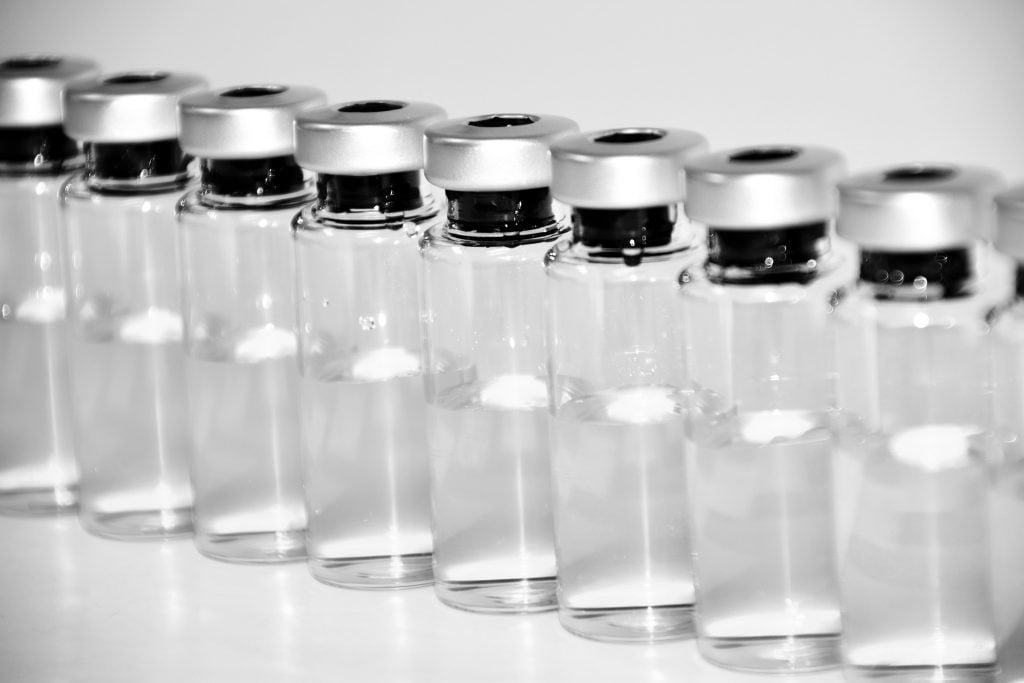Why are antibiotics harmful?
Scientists and health organizations sound alarmed on the increasing number of resistant bacteria.
In the past years, research has shown that the indiscriminate use of antibiotics in animal production has contributed to the selection of the most resistant bacterial species. Antimicrobial resistance is a natural consequence of the bacteria’s ability to adapt to the environment, which is called natural selection. However, the use of these substances should be controlled and used only in a therapeutic approach, because with the increase of resistant populations, it is becoming increasingly difficult to produce new antibiotics capable of treating the most severe bacterial infections.
Consumers are primarily concerned with the presence of antibiotic-resistant bacterias in meat as they can cause diseases that are difficult to treat. There is also concern about taking antibiotics through meat consumption, which could lead to resistant diseases as well. Colistin Sulfate, for example, is used as a last resource for treating multidrug-resistant bacterial infections in humans. Studies have shown that the consumption of meat from animals which food was supplemented with this substance, led to human resistance to the drug, making the use of these antibiotics no longer effective in the long term. This situation caused a wave of concern in health organizations around the world.
However, it is worth highlighting and understanding that drug-resistant bacteria that contaminate animal-derived foods are a public health concern, but not all drug-resistant bacteria of human interest come from animals. Only a few come from animals compared to the number of the multidrug-resistant super bacterias emerging from hospital settings.
In the US, for example, almost 30% of antibiotics used in outpatients are unnecessary. Another worrying figure in the country shows that approximately 14,000 hospitalized patients die every year as a result of infections caused by multidrug-resistant microorganisms.
Antimicrobial resistance is as follows: at first, a new antibiotic is able to control infections, but as the time goes by, the natural selection of a group of bacteria occurs, i.e., a group can better adapt to the environment to which it is subjected, in this case, the toxic action of antibiotics. Then, this group of bacteria becomes so resistant to the action of this antibiotic that it ends up losing its effect, and bacteria begin to multiply. From this point, it is necessary to develop a new antibiotic to control them. However, as time goes by, this new medicine will also go through the same process as the previous one. Therefore, there is a constant need to create new antibiotics from time to time. This process leads to the creation of the so-called super bacteria, as well as to multidrug-resistant bacterial infections.

Therefore, it can be observed that the more we use antibiotics, the more we are exposed to antimicrobial resistance, which is a serious risk to public health.
Underdose of antibiotics used in animal production to improve performance is housed in the organism of these animals and are transferred to humans through meat consumption. Then, these bacteria start acting in the human body, creating the antimicrobial resistance, which prevents the effective action of the drug during the treatment of diseases.
Similarly, multidrug-resistant bacteria present in the body of animals are transferred to humans when there is no strict control. This control should take place not only during the production process (field to slaughter) but also in retail and food processing, where products must be handled properly so that these bacteria are eliminated, including avoiding cross-contamination with other foods.
Thus, the indiscriminate use of antibiotics stimulates the proliferation of much stronger and multidrug-resistant bacterias. This represents a risk both to human and to animal health, as it reduces the chance of curing diseases and may lead to death. That’s why thousands of scientists and organizations around the world encourage the reduction of antibiotic use.
This reduction implies nutritional modifications worldwide, as well as the creation of new strategies to maintain animal health, food safety, and satisfactory performance following the standards.
This situation makes consumers, the scientific community and national and international regulatory bodies to demand the animal production industry to stop using antibiotics as performance enhancers and to reduce the therapeutic approach in animal production to restore the efficacy of these medicines in the fight against diseases thus preserving public health.
Posted in 30 May of 2019


